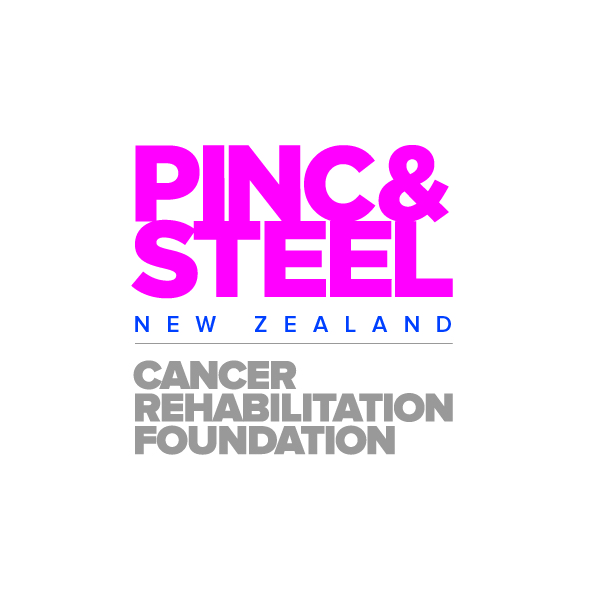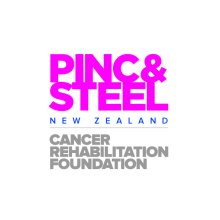Cancer Rehab Awareness Week Campaign
PINC&STEEL Cancer Rehabilitation Foundation NZ are proud to launch the details of the first ever worldwide ‘Cancer Rehab Awareness Week Campaign'
There are so many people missing out on cancer rehab services due to a real lack of awareness. This has to change to minimise the risk of preventable long-term disability and suffering for anyone affected by cancer.
The objective of the Awareness Week is to reach more people with information about cancer rehabilitation, so that no one misses out on optimal recovery after a cancer diagnosis.
The side-effects of cancer and cancer treatment are real but often it’s only the survivors and their loved ones who know the ongoing difficulties cancer treatment can bring. Difficulties that can be helped, if only people knew! No one should be left to rehabilitate from the effects of treatment alone.
The Cancer Rehab Awareness Week is scheduled for the 7th to 13th September 2020 and is supported by hundreds of cancer rehab physiotherapists and occupational therapists worldwide alongside several major cancer organisations who are keen to raise awareness too.
To learn more about the plans and events happening in Cancer Rehab Awareness Week, and to join in to support the campaign or fundraise for the PINC&STEEL Cancer Rehabilitation Foundation in NZ, join our Facebook page https://www.facebook.com/pincandsteel/ and check out the updates here https://www.pincandsteel.com/raise-awareness/












